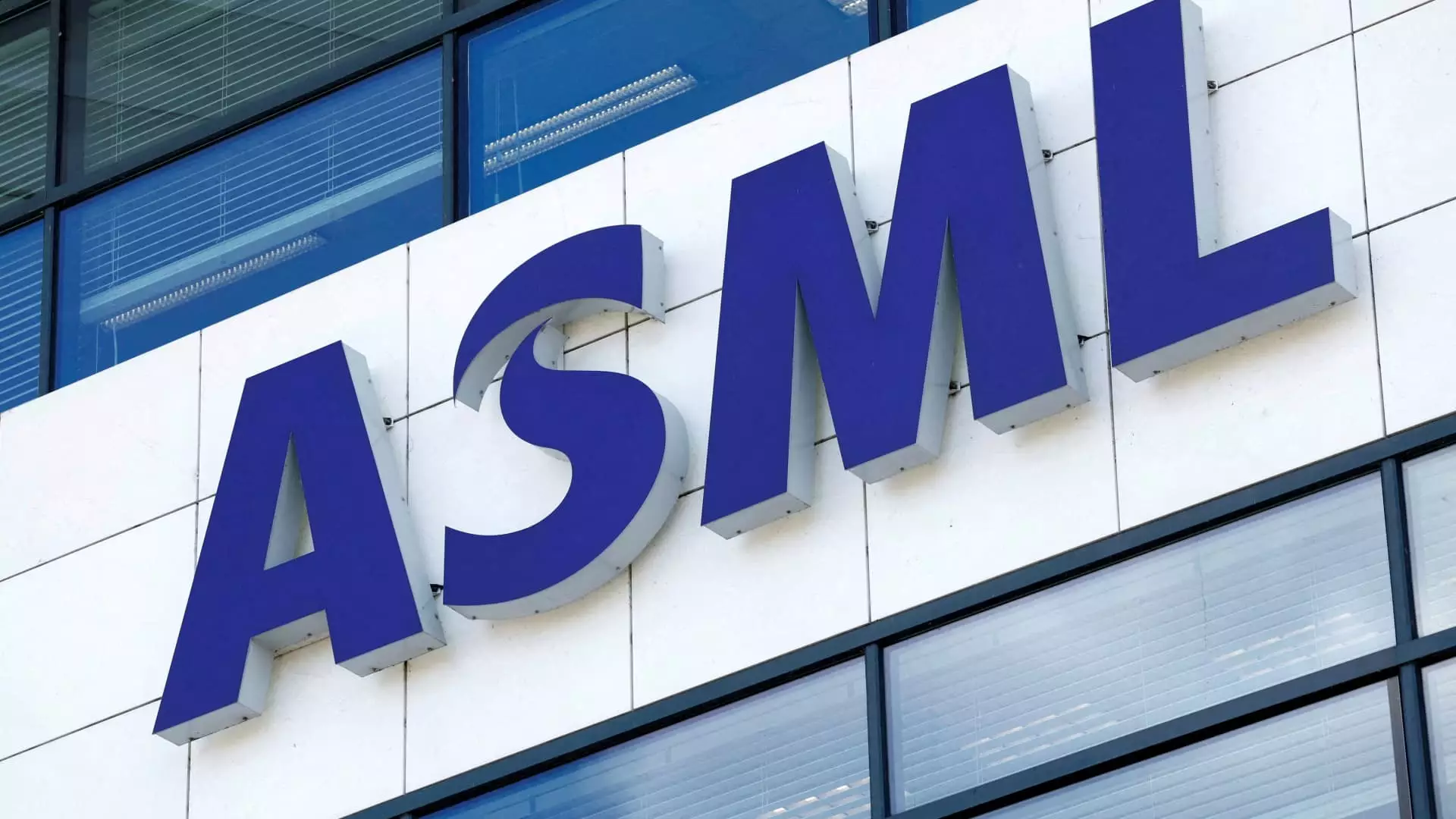ASML, the Netherlands’ chip-equipment maker, has expressed concerns about the country’s recent decisions regarding labor migration restrictions and tax breaks. In a statement from ASML CEO Peter Wennink, the company emphasized the importance of skilled migrants for innovation, threatening to relocate if necessary measures were not taken to support growth. The company’s EUV machines play a crucial role in the semiconductor supply chain, making it an integral part of the industry.
The Dutch government, represented by Finance Minister Steven van Weyenberg, has shown confidence in ASML’s continued presence in the Netherlands. Despite ASML hinting at the possibility of moving operations elsewhere, Minister van Weyenberg believes that the company is deeply rooted in the Netherlands. The government launched “Operation Beethoven” to address ASML’s concerns and ensure that the necessary infrastructure and skilled workforce are in place for the company’s growth.
ASML’s worries are not unique, as other businesses in the Netherlands, including NXP, have also been impacted by recent policy changes. The decision to cap the number of foreign students and eliminate tax breaks for skilled migrants has raised eyebrows in the business community. ASML’s stance highlights the disconnect between industry needs, government policies, and political priorities, which could potentially drive companies away from the Netherlands.
Aside from domestic challenges, ASML has also been entangled in geopolitical tensions between the U.S. and China. Export controls on advanced semiconductor tools have restricted ASML’s business with China, reflecting broader international concerns about technology transfers and security risks. The Dutch government’s cooperation with ASML and the U.S. aims to navigate these complexities while ensuring compliance with export regulations.
Minister van Weyenberg acknowledges ASML’s importance to the Dutch economy and pledges support for the company’s growth within the country. However, he warns of global economic fragmentation as a potential threat to the Netherlands, emphasizing the need for stability and collaboration in the face of emerging challenges. ASML’s future in the Netherlands is intertwined with broader economic trends and geopolitical developments that could shape its trajectory in the coming years.
ASML’s position in the Netherlands is subject to a myriad of internal and external factors that pose both opportunities and risks. The company’s strategic importance, coupled with its global reach and technological innovations, makes it a linchpin in the semiconductor industry. The Dutch government’s efforts to retain ASML and address its concerns reflect a broader commitment to fostering growth and innovation within the country. As ASML navigates complex geopolitical landscapes and industry dynamics, its future trajectory will depend on its ability to adapt to changing circumstances while maintaining its competitive edge.


Leave a Reply